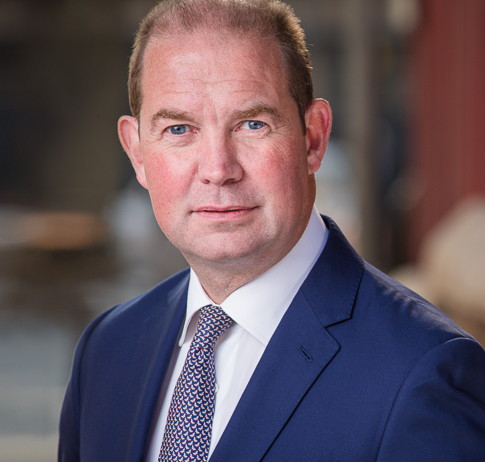Withers' Financial Regulatory team has secured victory for their client Andrew Tinney, a former senior banker in a long-running investigation by the Financial Conduct Authority. Mr Tinney was cleared by the Upper Tribunal of misleading the regulator and the New York Fed, and he is permitted to work again for any bank or other financial services institution in any role, including a senior management role.
Mr Tinney was Chief Operating Officer at Barclays Wealth from 2009-2012. In early 2012 the senior management of Barclays Wealth initiated a review of its US subsidiary's culture after a critical investigation by the SEC. They had also received a whistleblowing email making various allegations about the US business at the end of 2011 which they passed to an internal independent investigation.
Mr Tinney initiated this culture review process and a Culture Workshop was convened in May 2012 to consider all the work done to that date by various external consultants and others. The May 2012 Culture Workshop led to further work, however, no final report had been produced when some four months later another whistleblowing email was received by Barclays' senior management in late September 2012. This email made various allegations about its Barclays Wealth US subsidiary, including that an external consultant's report had been suppressed. The email was passed to an internal independent investigation and, in the meantime, a note was sent to Barclays' senior management explaining what work had been done in relation to the US subsidiary.
The internal investigation of the various whistleblowing emails became exclusively focused on Mr Tinney, unknown to him, leading to his exit from the bank in January 2013. A feature article on Mr Tinney was published in the Mail on Sunday on 20 January 2013, alleging that he had received a report from one of the external consultants involved in the culture review in March 2012 had sought to suppress this report by shredding his copy at home. This led to an investigation by the FCA. Mr Tinney denied any wrongdoing, but he was censured by the FCA in 2016 for misleading Barclays senior management, the FCA and the US Fed.
The FCA's decision making body, the RDC decided not to fine him. Mr Tinney referred the FCA's decision to the Upper Tribunal as Mr Tinney disputed he had misled the FCA and the US Fed in any way. In 2018 the Upper Tribunal agreed with Mr Tinney, though they upheld a lesser charge that he could said to have been reckless in his drafting of a note to Barclays senior management, albeit he had not seen the final version of the note that was sent to Barclays senior management from which this drafting had been removed. In a further sanctions hearing in March 2019, the Upper Tribunal concluded that whilst Mr Tinney should be public censured for his role in the drafting of the note to Barclays' senior management, he should not be banned from working for banks or other financial services organisations in any way. This final decision from the Upper Tribunal confirms that Mr Tinney will not face a ban or a fine and that he has the required integrity in the future to perform any role, including a senior management role, in the financial services industry.
This case raises important questions about the FCA's regulatory approach to the investigation of senior executives in financial services. Mr Tinney was kept in an uncertain and highly stressful position over the five year course of the case and the FCA did not question as seriously as it should have done its continued commitment to its pursuit of this case. During this time the FCA sought to ban Mr Tinney, severely limiting his career opportunities but ultimately they failed to make this ban good. As the final Upper Tribunal decision shows, Mr Tinney was cleared of any serious wrongdoing that prevents him from performing any role including a senior management role in the financial services industry in the future.
Harvey Knight, lead partner on the case and head of Withers' Financial Regulatory team comments: "This case means that the FCA can no longer assume that any finding of lack of integrity should automatically led to a ban from the financial services industry, let alone a fine."

